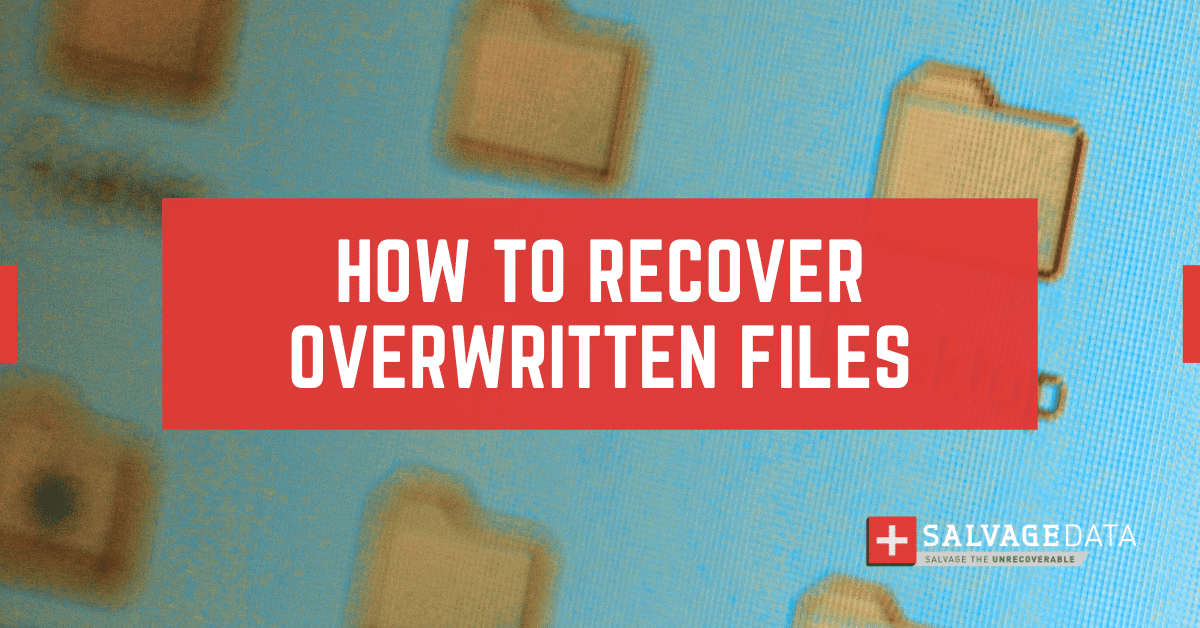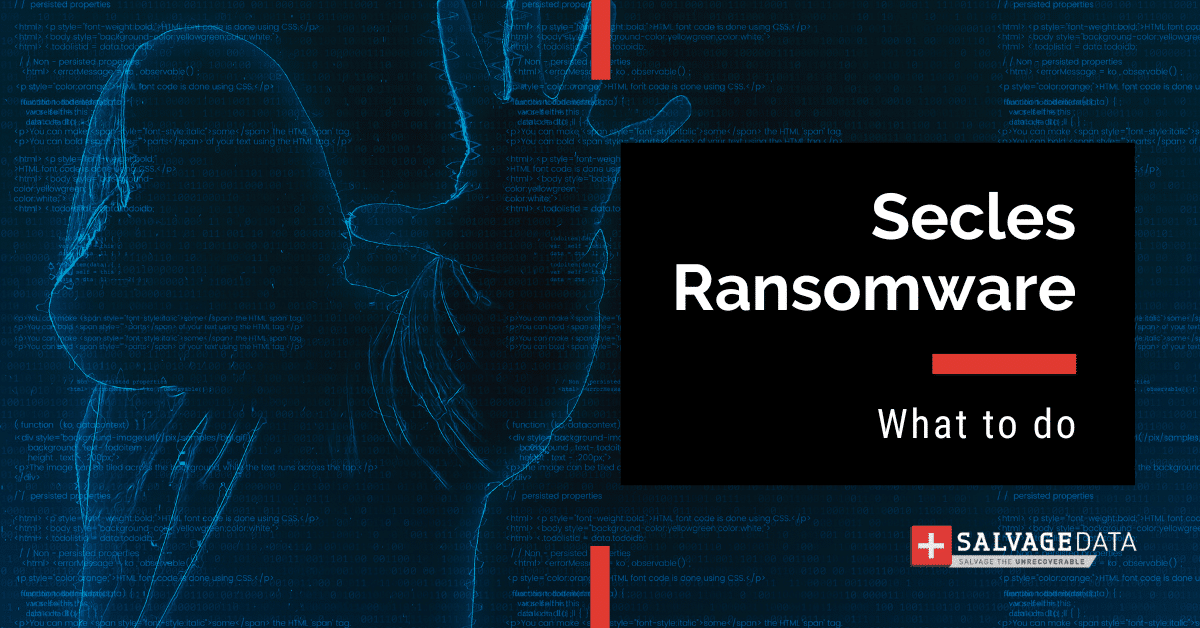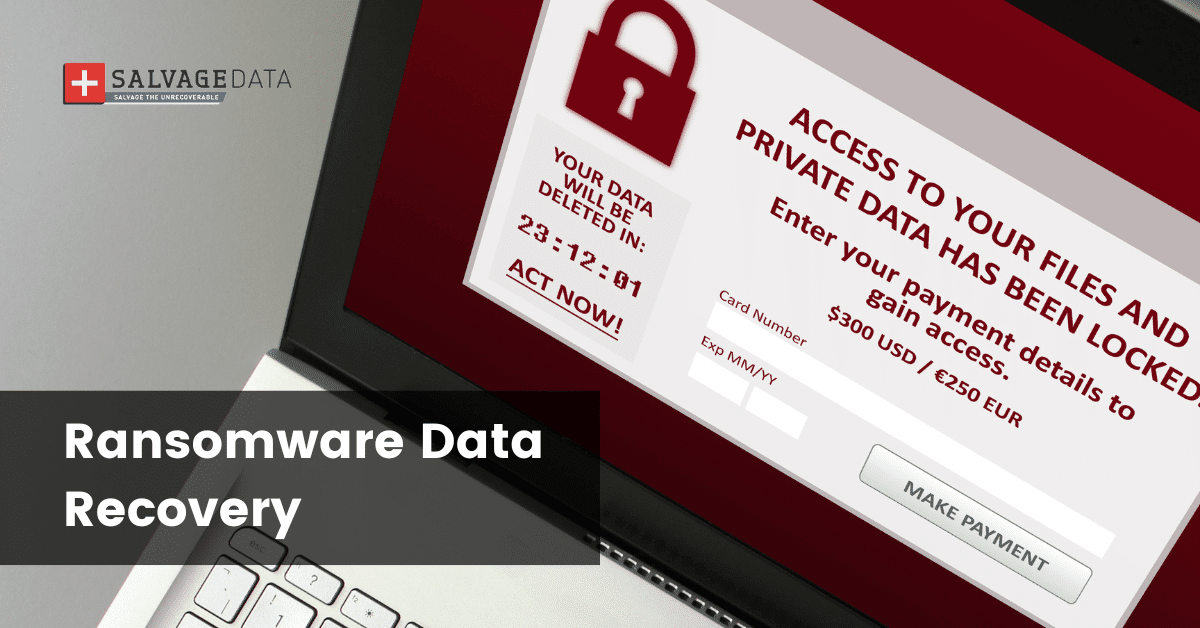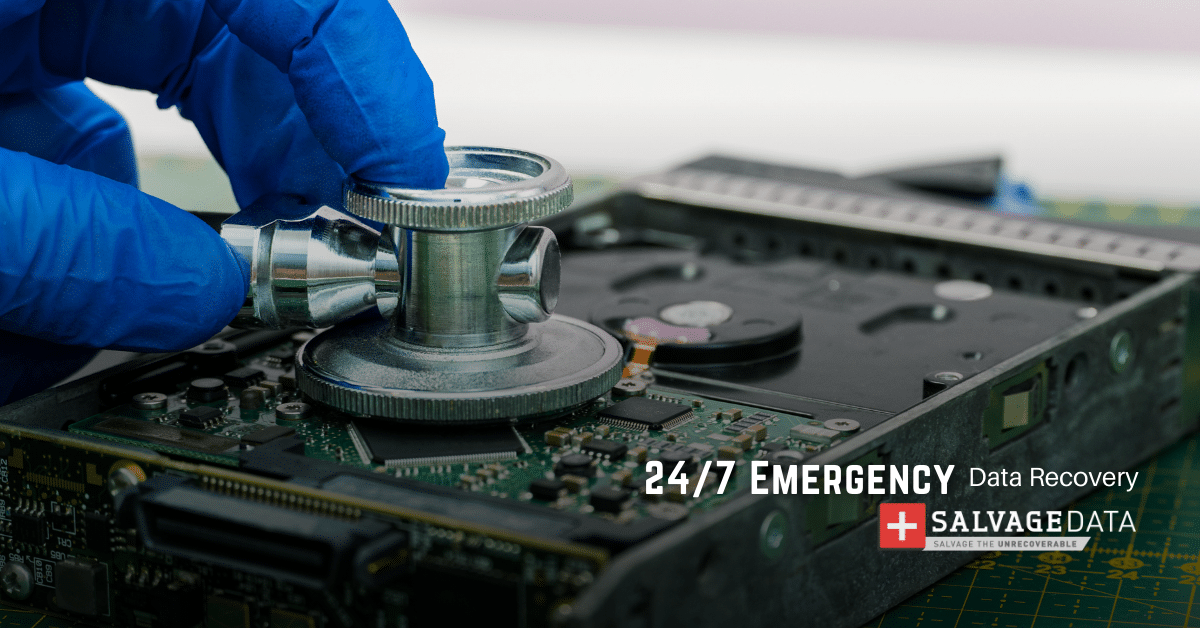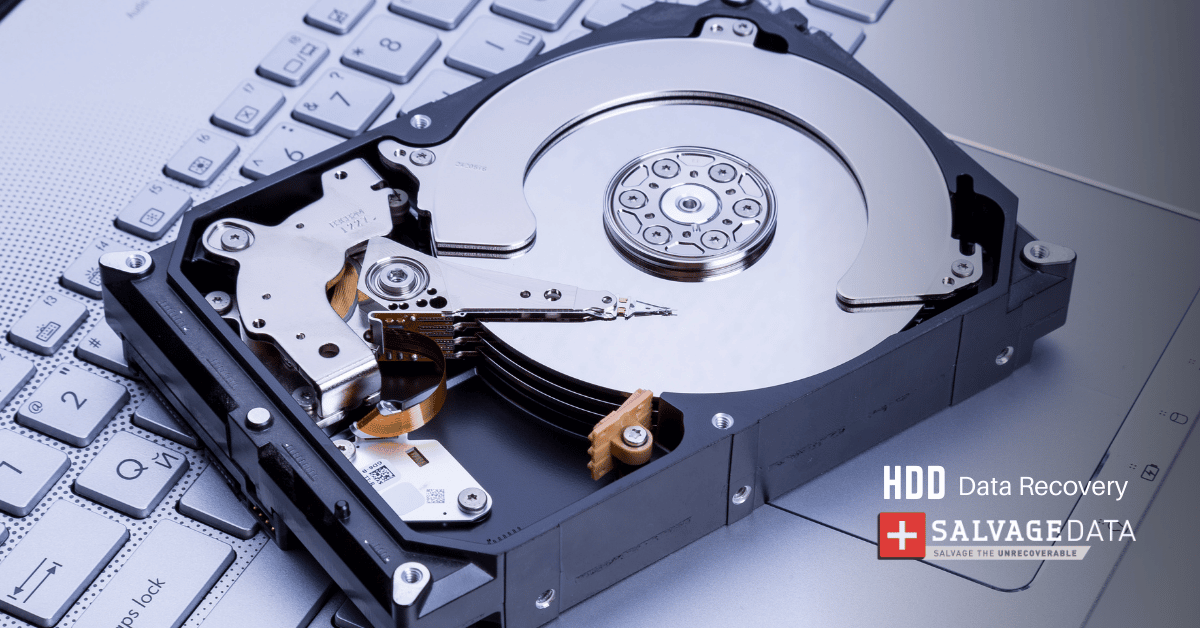Recent Articles
How To Recover Overwritten Files
The Snowflake Data Breach: A Comprehensive Overview
Mac Not Recognizing External Hard Drive: Quick Fix Solutions
How Multi-Cloud Backup Solutions Can Prevent Data Disasters
Capibara Ransomware: What is it & How to Remove
What Should a Company Do After a Data Breach: The Ticketmaster Incident
Secles Ransomware: Removal Guide
What To Do When Your Chromebook Freezes
How to Create Hyper-V Backup
What Is The Best Data Recovery Software For PC

I think there's an issue with my storage device, but I'm not sure Start a free evaluation →
I need help getting my data back right now Call now (800) 972-3282
AES_KEY_GEN_ASSIST Ransomware is malicious software that encrypts files on the infected computer and demands a ransom for the decryption key. We also know this type of malware as ransomware.
History
The AES_KEY_GEN_ASSIST Ransomware was first discovered by malware researchers in August 2016. We believe that this ransomware is a variant of the Locky Ransomware, which is one of the most prevalent ransomware families today.
How does AES_KEY_GEN_ASSIST ransomware work?
AES_KEY_GEN_ASSIST ransomware uses strong AES encryption to encrypt files, making them inaccessible to you. AES encryption is a powerful form of encryption that is used by governments and military organizations to protect classified information. Once AES_KEY_GEN_ASSIST ransomware encrypts a file, the only way to decrypt the file is with the encryption key, which is only known to the person who created AES_KEY_GEN_ASSIST ransomware. Once AES_KEY_GEN_ASSIST ransomware is installed on your computer, it will scan the hard drive for files to encrypt. AES_KEY_GEN_ASSIST ransomware will then display a ransom note that demands a payment of money to decrypt the files.
What is the easiest way to get AES_KEY_GEN_ASSIST ransomware?
AES_KEY_GEN_ASSIST ransomware is typically spread through email attachments and links. AES_KEY_GEN_ASSIST ransomware can also be spread through malicious websites.
So, it is important to be careful about opening email attachments and clicking on links from unknown senders. You should also avoid visiting malicious websites.
What type of files does AES_KEY_GEN_ASSIST ransomware encrypt?
AES_KEY_GEN_ASSIST ransomware typically encrypts common file types such as documents, images, and videos.
How to prevent and protect yourself from AES_KEY_GEN_ASSIST ransomware?
AES_KEY_GEN_ASSIST ransomware is a very dangerous form of malware, and it is important to take measures to prevent and protect yourself from this type of malware. One of the best ways to protect yourself from AES_KEY_GEN_ASSIST ransomware is to install an antivirus program that includes ransomware protection. Another way to protect yourself is to back up your important files regularly. This way, if you do get AES_KEY_GEN_ASSIST ransomware, you will not lose your important files because you have a backup. Finally, be very careful about opening email attachments or clicking on links from unknown senders. AES_KEY_GEN_ASSIST ransomware is often spread through these types of email attachments and links.
What to do if it has infected you with AES_KEY_GEN_ASSIST ransomware?
If it has infected you with AES_KEY_GEN_ASSIST ransomware, the first thing you should do is disconnect your computer from the internet to prevent AES_KEY_GEN_ASSIST ransomware from encrypting more files. You should then install an antivirus program with ransomware protection and run a scan of your computer. If you have a backup of your important files, you can then proceed to delete the AES_KEY_GEN_ASSIST ransomware virus and restore your files from the backup. If you do not have a backup, you should try to use a decryption tool that can decrypt AES_KEY_GEN_ASSIST ransomware-encrypted files. However, these decryption tools are not always successful and they may not work on all AES_KEY_GEN_ASSIST ransomware strains. You can pay the ransom and hope that the person who created AES_KEY_GEN_ASSIST ransomware will provide you with the decryption key. However, there is no guarantee that you will get the decryption key even if you do pay the ransom. We do not recommend paying the AES_KEY_GEN_ASSIST ransomware ransom because you may not get your files back and you would be supporting the person who created AES_KEY_GEN_ASSIST ransomware.
How much does AES_KEY_GEN_ASSIST ransomware cost?
The price of AES_KEY_GEN_ASSIST ransomware varies depending on the person who created AES_KEY_GEN_ASSIST ransomware. AES_KEY_GEN_ASSIST ransomware typically costs between $100 and $1000.
So, the AES_KEY_GEN_ASSIST ransomware virus can be very costly.
What methods can be used to pay AES_KEY_GEN_ASSIST ransomware?
AES_KEY_GEN_ASSIST ransomware can be paid using various methods, including Bitcoin, MoneyPak, and Ukash.
But, we highly recommend not to pay AES_KEY_GEN_ASSIST ransomware as this will only help the cyber criminals to develop new AES_KEY_GEN_ASSIST ransomware strains and create more problems for computer users.
What was the biggest AES_KEY_GEN_ASSIST ransomware attack?
The biggest AES_KEY_GEN_ASSIST ransomware attack was against the Hollywood Presbyterian Medical Center. The hospital had to pay a $17,000 ransom to decrypt their AES_KEY_GEN_ASSIST ransomware-encrypted files.
Is there a public decryption tool for AES_KEY_GEN_ASSIST ransomware?
Yes, AES_KEY_GEN_ASSIST ransomware is decryptable. There is a free decryptor available that can decrypt AES_KEY_GEN_ASSIST ransomware. But, this decryptor may not work on all AES_KEY_GEN_ASSIST ransomware strains.
Contact a data recovery service
The best way to recover AES_KEY_GEN_ASSIST ransomware-encrypted files is to use a professional data recovery service. These services have the tools and expertise to recover AES_KEY_GEN_ASSIST ransomware-encrypted files. SalvageData ransomware data recovery team will decrypt your files and guarantee they restored them. Even if decryption is impossible, our experts can communicate with the hacker group on your behalf.
SalvageData experts are ready to help you as you need to recover data from the AES_KEY_GEN_ASSIST ransomware attack. If you prefer, you can also go to the nearest data recovery center and request help there.

